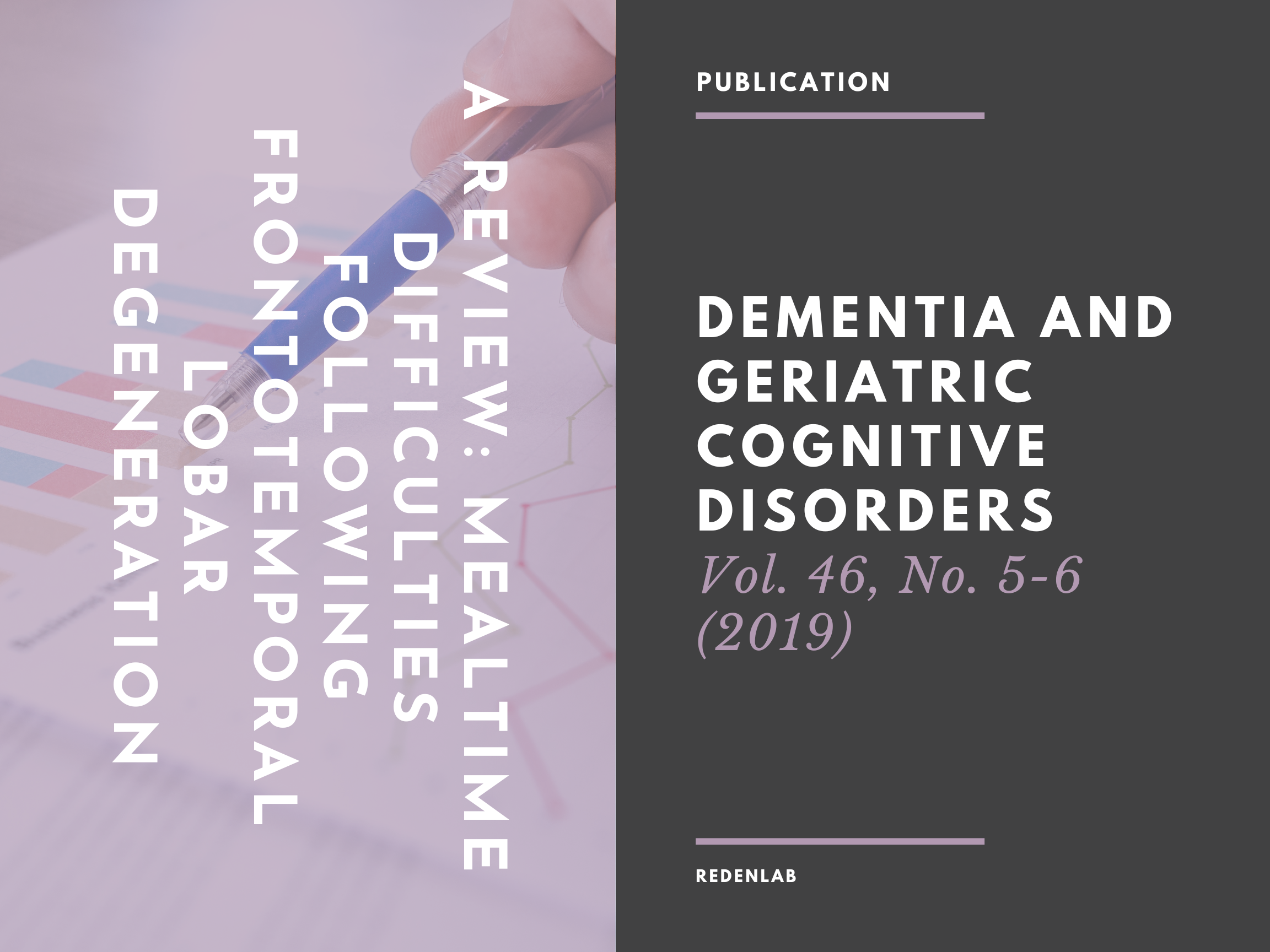SCIENCE: Mealtime difficulties following frontotemporal lobar degeneration

BACKGROUND:
Frontotemporal lobar degeneration (FTLD) can result in a decline in behavior, language, and motor function. Mealtime disturbances are a common and significant outcome of FTLD. Disturbances during mealtimes can arise from dysphagia or may occur secondary to behavioral changes such as rapid eating, mealtime rigidity, and altered diet preferences.
SUMMARY:
Few studies have comprehensively evaluated eating behavior or dysphagia in individuals presenting with FTLD pathology despite the potential impact on medical safety and individual quality of life. Dysphagia is reported in the late stages of frontotemporal dementia and early in the motor subtypes of FTLD. The identification of dysphagia can alert individuals and medical teams to disease progression and provide insight into the nature and spread of the underlying neuropathology. Improved understanding of eating behaviors can improve individual care and may enhance diagnostic accuracy. Key Message: Aberrant eating behavior and swallowing difficulties are reported in the conditions associated with FTLD neuropathology. The consequences of mealtime disturbances include health risks associated with an increased BMI and aspiration, reduction of an individual’s independence, and an increase in caregiver stress and burden. Here we review and summarize the literature on eating behavior and swallow impairments (dysphagia) in each of the syndromes caused by FTLD.
Click here for more details.
